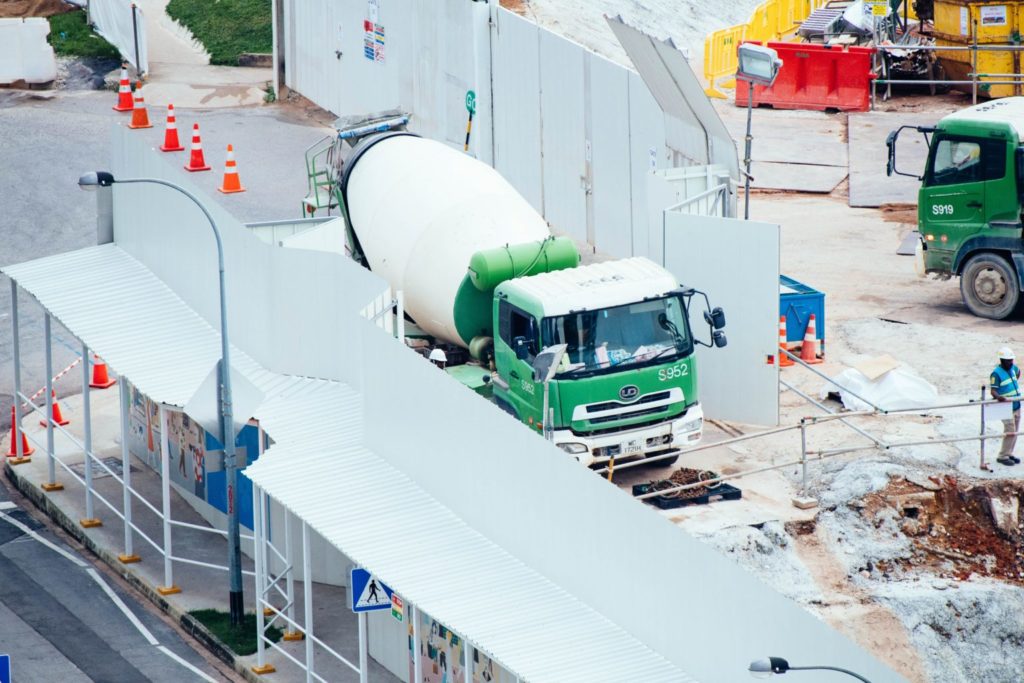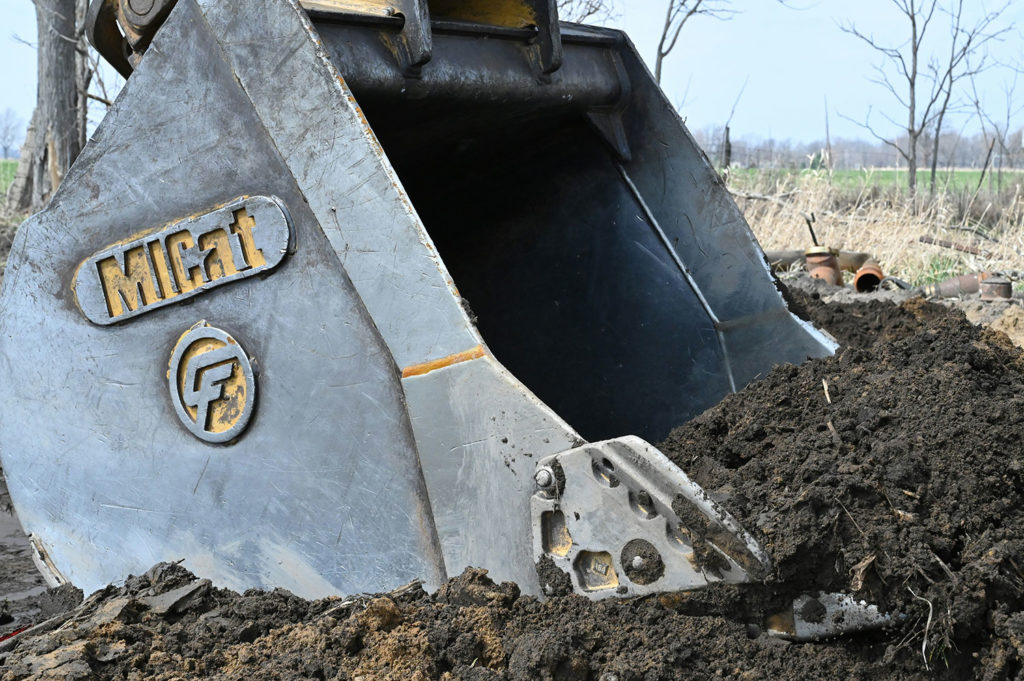Housebuilders are pressing for councils to be more flexible on material changes and completion dates given the current supply chain crisis.
The National Federation of Builders, NFB, wants the government to issue a ministerial statement requiring local authorities to be more accommodating.
NFB chief executive Richard Beresford said: “The government cannot magic up building materials, but they can ensure the impact isn’t as great. Through keeping an eye on importation challenges, such as paperwork and port access and continuing to work on HGV driver solutions, material issues can be improved.”
They want local authorities to be more adaptable about changing building materials if a particular product is in short supply. For example, if a developer can’t get hold of the original brick specified in the planning application, they want councils to avoid making a material amendment which triggers a 13-week decision-making process.
The NFB also wants councils to hold back from serving completion notices which means the builder is liable for council tax on the delayed development.
Industry is calling for material solutions
SMEs developers are seeing shortages of bagged cement, bricks and tiles, those building flats are reliant on steel and concrete, which have seen steep price rises and supply constraints.
The Mineral Products Association, MPA, which represents aggregates, concrete, cement and asphalt suppliers, is calling for a short-term relaxation of visa rules for foreign lorry drivers.
MPA public affairs director Robert McIlveen said: “The deliveries that drivers make in our sector keep construction and other essential manufacturing industries going, and if not solved could come to a serious crunch point later this year.”
The NFB wants the government to identify imported materials the industry is over reliant on and support British companies manufacturing products that can plug the gap such as cross-laminated timber.
Finance brokers Hank Zarihs Associates said lenders understood that developers faced delays due to material shortages and price hikes and were available to offer instant bridging finance.








